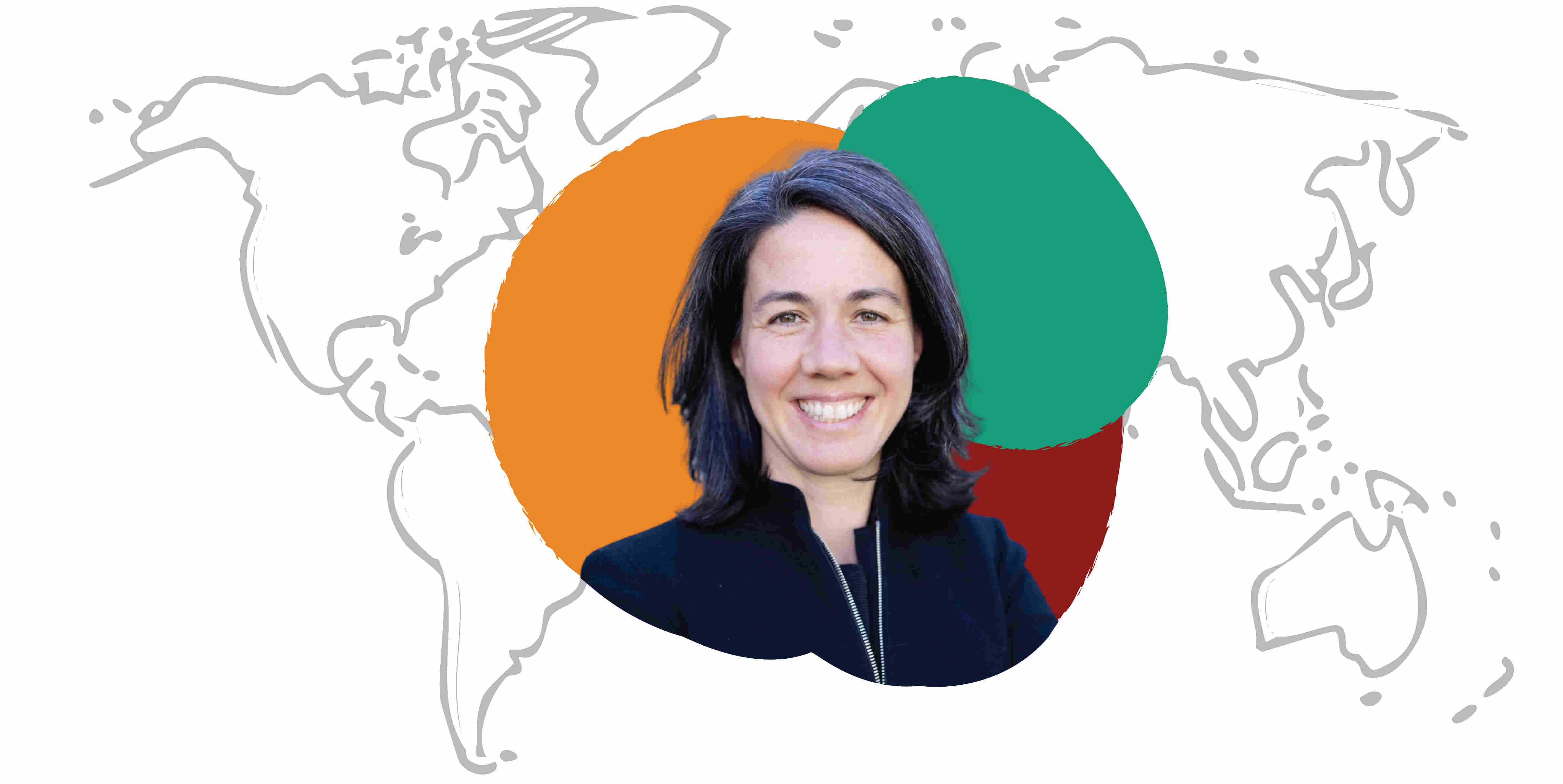
@ShahidNShah


Generative AI, a type of large language model that underlies artificial intelligence chatbots like ChatGPT, could have a lot to offer in low- and middle-income countries where access to reliable health care remains a hurdle for many. Eleni Linos, MD, DrPH, the director of the Stanford Center for Digital Health, spends a lot of time thinking about how digital tools including generative AI could tackle health problems that humans haven't been able to solve. Recently, Linos and her research team at the center co-authored a report on generative AI's application for health in low- and middle-income countries in collaboration with Isabella de Vere Hunt from Oxford and Sarah Soule.
They spoke with Linos about how AI can be used for good to provide personalized and reliable health care and information to patients, especially in settings where high quality medical care is difficult to access, or when people are hesitant to discuss such things as HIV testing or reproductive health with their doctor.Linos, the Ben Davenport and Lucy Zhang Professor in Medicine, also discussed the difficulty of reaching patients remotely in places where many households don't have access to online tools. This interview has been edited for length and clarity.
Continue reading at scopeblog.stanford.edu
A privacy and security expert discusses how small and rural hospitals can move beyond past IT mistakes and implement zero-trust strategies that quickly improve their cybersecurity postures.Small and …
Connecting innovation decision makers to authoritative information, institutions, people and insights.
Medigy accurately delivers healthcare and technology information, news and insight from around the world.
Medigy surfaces the world's best crowdsourced health tech offerings with social interactions and peer reviews.
© 2026 Netspective Foundation, Inc. All Rights Reserved.
Built on Feb 17, 2026 at 3:24pm